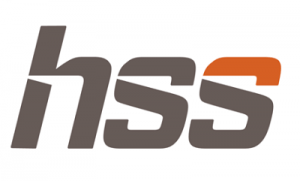
 The MHA Keystone Center is partnering with MHA Endorsed Business Partner HSS to offer in-person security risk assessments for its members. This assessment aims to provide an objective evaluation of threats to patients and staff and develop a corrective action plan.
The MHA Keystone Center is partnering with MHA Endorsed Business Partner HSS to offer in-person security risk assessments for its members. This assessment aims to provide an objective evaluation of threats to patients and staff and develop a corrective action plan.
To be selected for an in-person security risk assessment, hospitals are required to consistently submit Occupational Safety and Health Administration data into KeyMetrics and fill out an online application. In-person security risk assessment spots are limited. Hospitals incurring the greatest costs, highest incident rates and severest outcomes associated with staff harm will be prioritized for selection. Applications are due May 23at 5 p.m. MHA members may contact the MHA Keystone Center with questions about the assessment or application.
